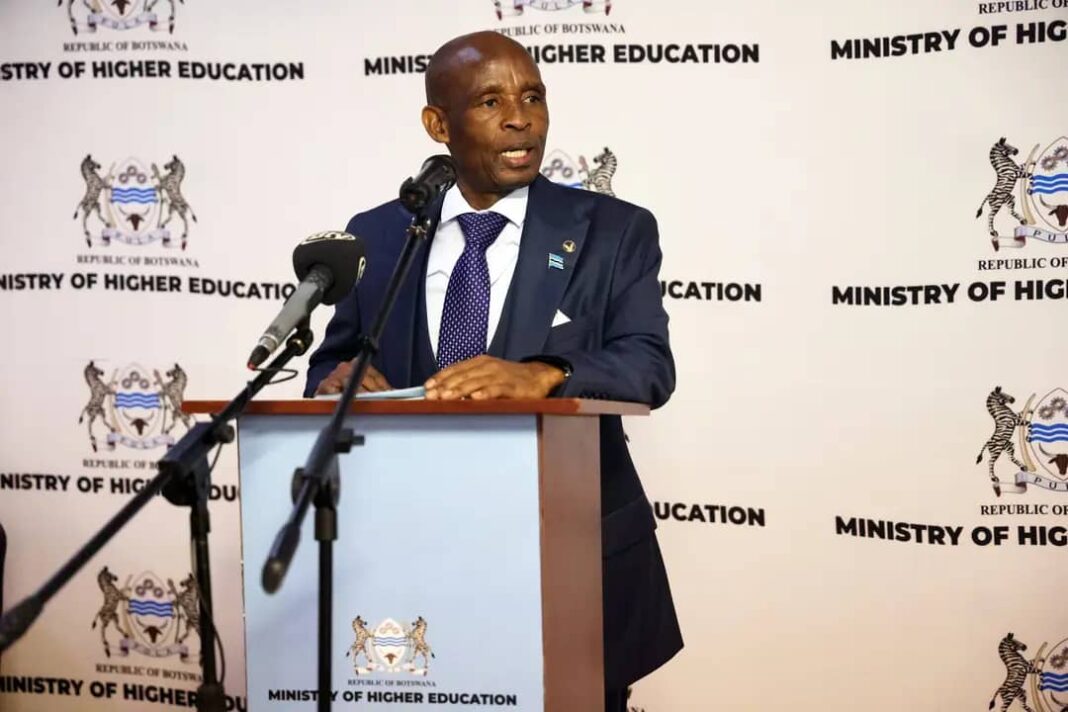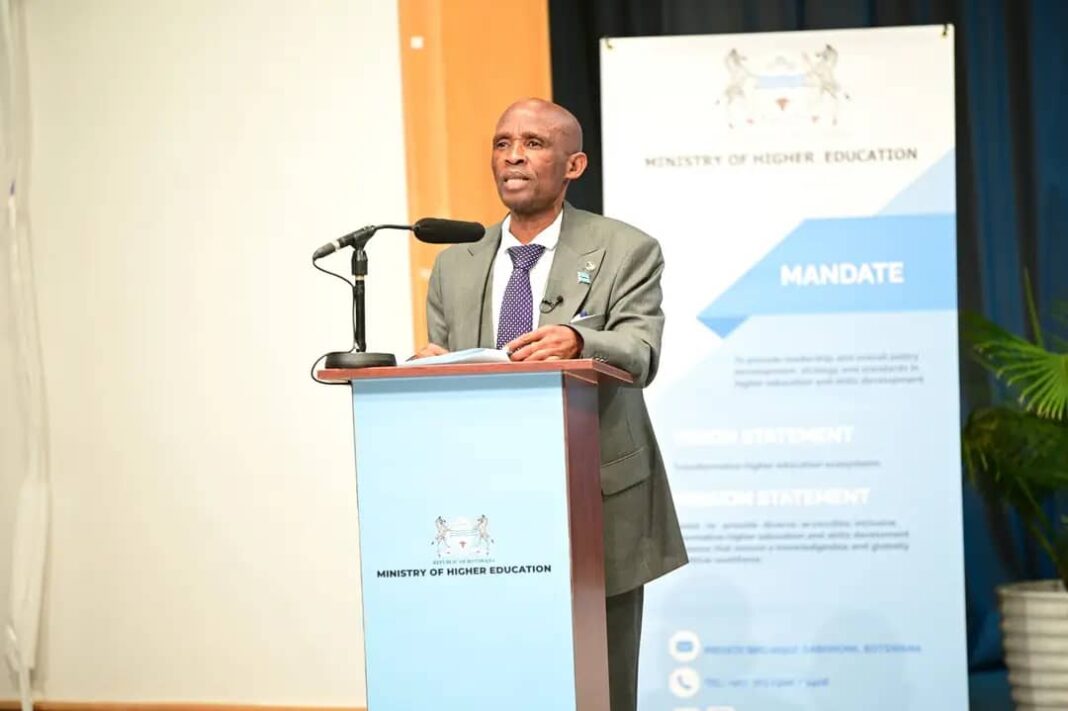Air Botswana, the nation’s beleaguered flag carrier, is once again in the eye of a storm. Just as a new board of directors takes the helm, and President Advocate Duma Gideon Boko delivers a no-nonsense directive for state-owned enterprises (SoEs) to become self-sustaining, General Manager Ms. Leungo Rasebotsa has been placed on administrative leave. This move, effective June 30, 2025, sees Mr. Boikanyo Ntwaagae, Acting Director – Commercial, stepping in as the interim leader.
The timing of Ms. Rasebotsa’s administrative leave is no coincidence. It arrives hot on the heels of President Boko’s unequivocal message to all SoE CEOs and Chairmen: “Get your institutions self-sustaining and profitable.” For Air Botswana, a consistent drain on the public purse for over a decade, this directive is a clear call to action – or face the consequences.
A Decade of Financial Freefall
Air Botswana’s financial woes are legendary, a recurring nightmare of deepening losses and desperate government bailouts. For years, the airline has been unable to break even, crippled by low sales and exorbitant maintenance costs. The dire situation is perhaps best illustrated by the fact that as of April 2025, employees had faced delayed salaries for the fourth consecutive month due to a severe lack of cash flow.
The government has been the airline’s reluctant financier, injecting P100 million previously, and more recently allocating P166 million in the last financial year, followed by a slated P121 million bailout for 2024-2025. These continuous lifelines underscore a critical flaw: Air Botswana’s chronic inability to operate commercially and stand on its own two feet.
The reasons for this financial hemorrhage are multifaceted: a bloated staff, an aging and fuel-guzzling fleet, escalating operational costs, and a struggle to attract and retain skilled personnel. President Boko’s recent warning serves as a stark reminder that the era of endless subsidies is drawing to a close.
Grounded Ambitions: Fleet Fiasco Continues
The skies above Botswana have often been empty of Air Botswana’s planes, not by choice, but by necessity. The airline’s fleet, a mix of new acquisitions and older aircraft, has been plagued by persistent grounding issues. In April/May 2025, both of Air Botswana’s Embraer aircraft, the E170 and E175, were out of commission. The E175, acquired just last year, was shockingly “cannibalized for parts,” effectively wiping out the airline’s capacity and crippling its entire route network.
Despite recent strategic moves, including the acquisition of three new Embraer E1 jets and a 10-year maintenance and support package with Embraer, the problem persists. The fact that a newly acquired aircraft had its engine stripped for parts points to a severe breakdown in maintenance planning and supply chain management. This operational chaos directly contradicts the airline’s ambitious route expansions, leaving travelers frustrated and seeking more reliable (and often more expensive) alternatives. The President’s call for self-sufficiency implicitly demands that such operational inefficiencies become a thing of the past.
The Elusive Dream of Privatisation
For years, the government has attempted to privatise Air Botswana, only to hit a “brick wall” every time. The airline’s consistent unprofitability has made it a pariah to potential strategic partners. Proposals, even drastic ones like the suggested Airlink deal to wind up Air Botswana and form a new entity with mass retrenchments, have failed to materialise.
This creates a Catch-22 for the government: it cannot offload the financial burden, yet continuing to fund it perpetuates the losses. President Boko’s message, therefore, signals a potential shift. If profitability is now a non-negotiable, it could force a more radical restructuring than ever before, or even lead to the difficult decision of winding down the airline if commercial viability remains unattainable.
A Tarnished Reputation: Passengers Speak Out
Beyond the financial and operational woes, Air Botswana has earned a notorious reputation for consistently letting down its passengers. Complaints range from broken luggage and ticketing nightmares to frequent cancellations and delays, often with little to no communication. Customers frequently advise others to “avoid this airline at all cost,” a damning indictment of its service quality.
While the airline proudly touts its IATA Operational Safety Audit (IOSA) certification, ensuring high safety standards, this does not translate to a positive customer experience. The disconnect between safety compliance and actual service delivery is stark, eroding public trust and directly impacting sales – a crucial factor in President Boko’s push for profitability.
Uncertain Skies Ahead: A Critical Juncture
Air Botswana’s persistent failures have ripple effects far beyond the airline itself. As the national flag carrier in a landlocked country, its unreliability directly impacts regional connectivity, driving up travel costs by as much as 20-50%, and potentially deterring foreign investment and tourism – key pillars of Botswana’s economic development.
The administrative leave of Ms. Rasebotsa, coming at this pivotal moment, signals a renewed urgency for decisive action. The problems are deeply systemic, demanding fundamental operational and structural reforms that go far beyond mere leadership adjustments or fleet acquisitions. This includes tackling issues like overstaffing, revamping maintenance protocols, drastically improving customer communication, and implementing rigorous financial discipline.
President Boko’s stern message to SoE leaders leaves no room for ambiguity: the time for perpetual bailouts and underperformance is over. The future of Air Botswana, and its vital role in the nation’s economic aspirations, now hangs precariously in the balance. Will this leadership shake-up, coupled with presidential pressure, finally steer Air Botswana toward self-sufficiency, or will the turbulent skies continue to define its destiny?



